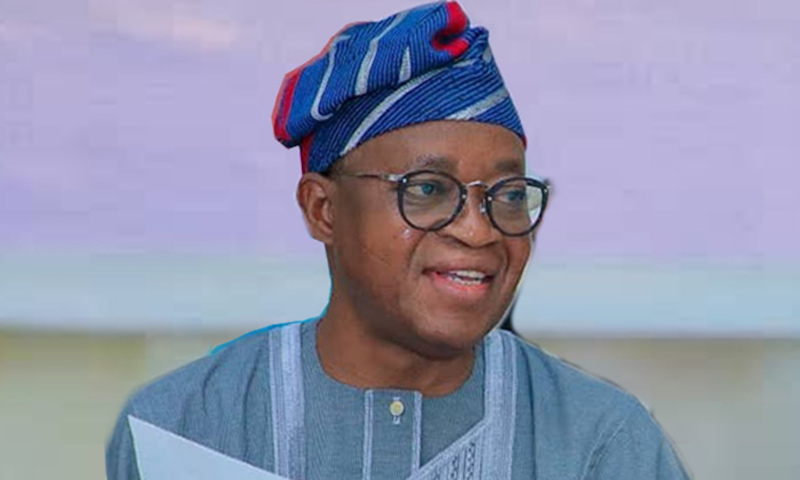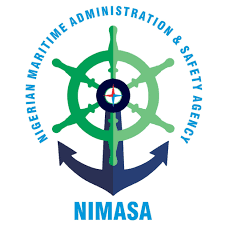


Blue economy: Nigeria set to host deep seabed workshop
By Seun Ibiyemi
As part of efforts to harness the potential of blue economy for sustainable growth and development of Nigeria, the Federal Ministry of Marine and Blue Economy is set to host a global workshop on deep seabed activities.
The Minister of Marine and Blue Economy, Alhaji Adegboyega Oyetola, gave the assurance in a statement on Tuesday in Lagos.
The statement was issued by the Public Relations Officer of the Nigerian Maritime Adminstration and Safety Agency (NIMASA), Mr Edward Osagie, in Lagos on Tuesday.
Oyetola said that Nigeria’s hosting of the international workshop would help to build in-country expertise by equipping policymakers and industry professionals with the knowledge and skills necessary to manage deep sea resources sustainably.
He also said that the ministry would organise the workshop in collaboration with (NIMASA).
“This workshop will offer hands-on training for Nigerian researchers and stakeholders, allowing them to engage directly with international experts and advanced technologies.
“Nigeria has vast ocean resources that are still largely unexplored, and we have taken into consideration the recent extension of Nigeria’s continental shelf.
“I hope this workshop will provide a platform to launch the machinery to tap into these resources sustainably, balancing economic growth with environmental protection,” the minister said.
Oyetola said that the workshop would provide an opportunity for professionals and other stakeholders in Nigeria’s maritime sector to collaborate with the Federal Government in harnessing the resources of the seas and oceans, while creating jobs and wealth for the country.
The minister said that the event would take place in Abuja on Sept. 17 and Sept. 18, adding that it would feature presentations on relevant issues.
“The deep seabed lies beyond national jurisdiction, and the mineral resources located there are considered the common heritage of humanity.
“It covers more than 54 per cent of the world’s oceans and presents a future source of mineral resources to support an increasing global population.
“Deep seabed also addresses challenges related to accessing land-based deposits and provides the rare metals necessary to drive the future renewable economy,” Oyetola said.
He added that the deep seabed played a crucial role in mitigating climate change, which had a devastating impact on the sustainability of oceans and their resources.
Oyetola said that deep seabed contained a significant portion of carbon dioxide produced by human activities, thereby helping to absorb the excess heat generated by the greenhouse effect.



